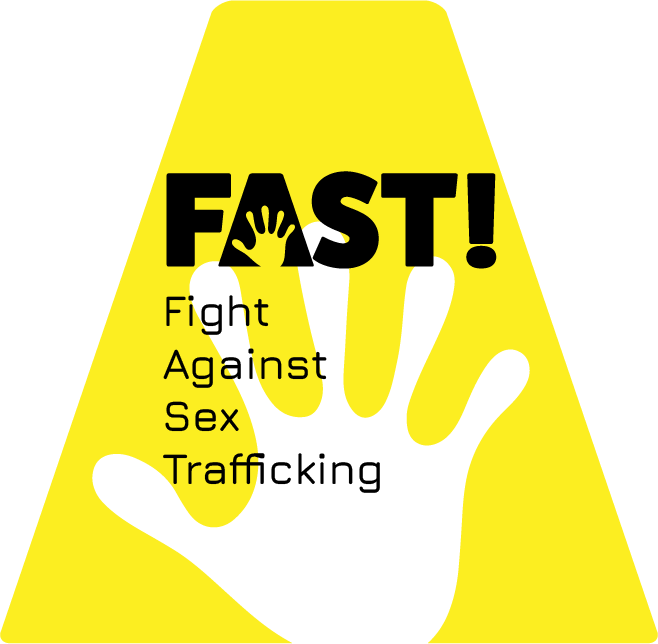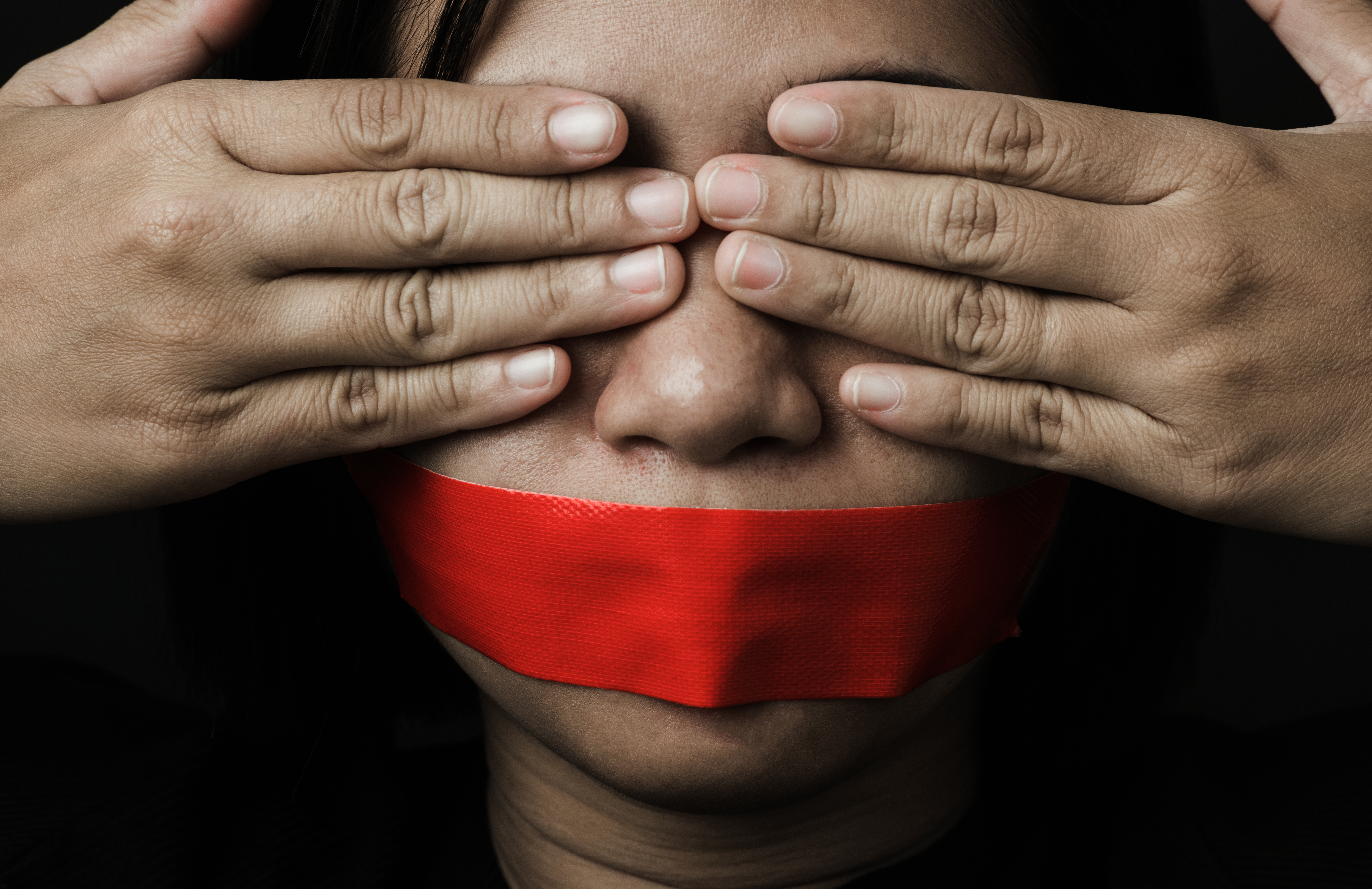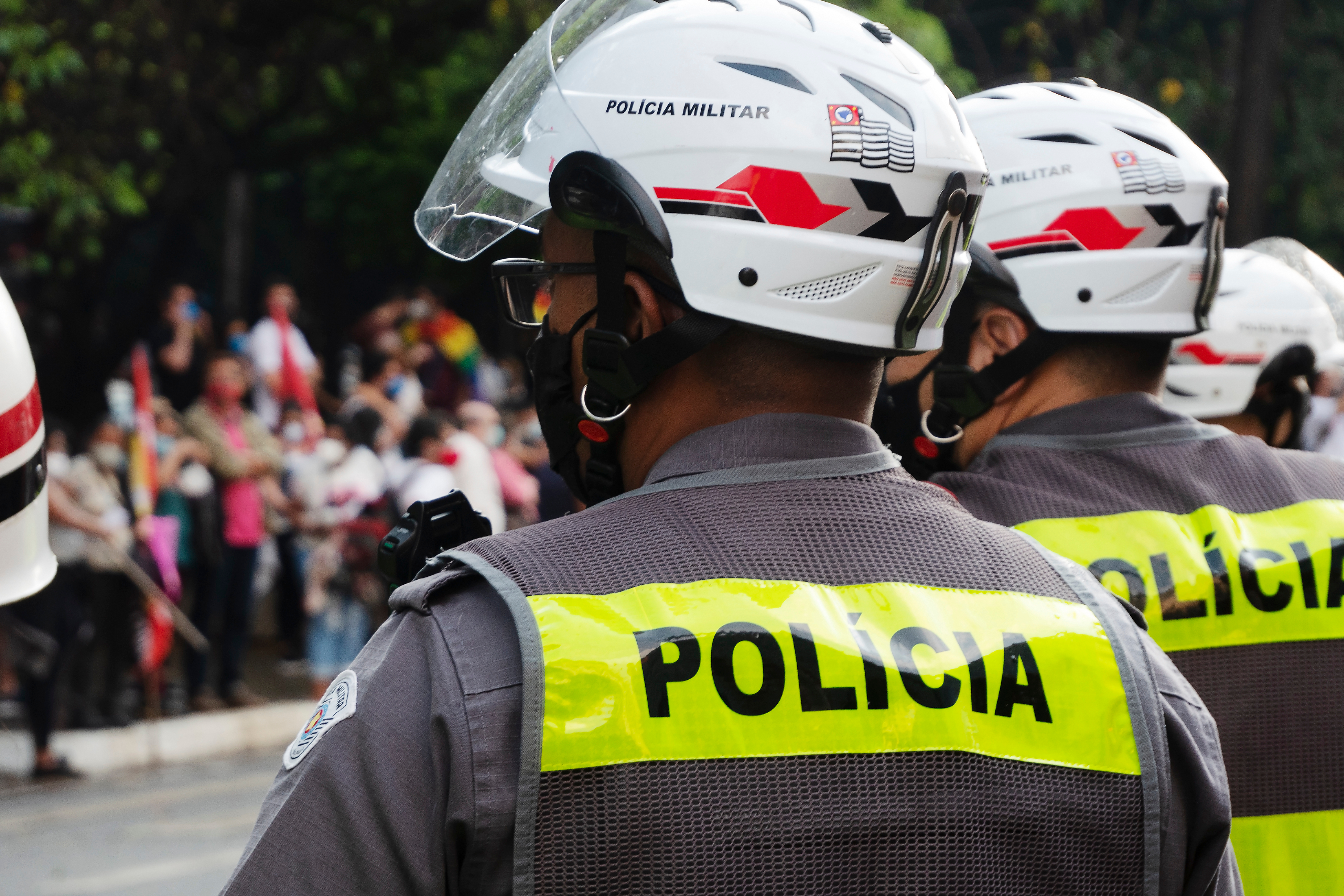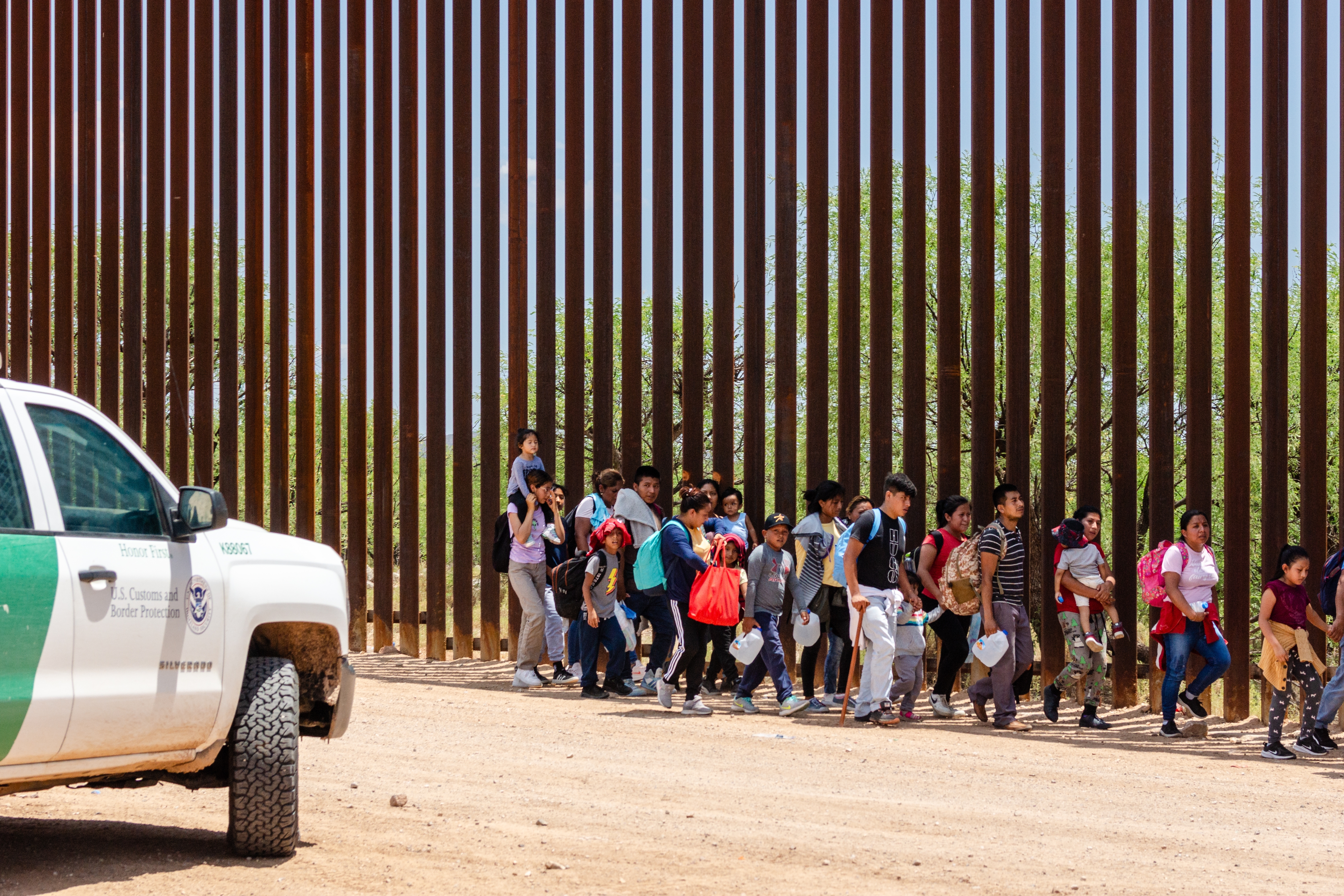In anticipation of the upcoming 28th Conference of Parties (COP28) under the United Nations Framework Convention on Climate Change, the United Arab Emirates (UAE) is facing mounting scrutiny for its efforts to suppress open debate on climate change and human rights. Recent revelations by the Centre for Climate Reporting have exposed the UAE’s strategy to restrict discussions on these crucial issues, casting a shadow over the conference’s potential to yield meaningful measures to combat the climate crisis and safeguard human rights.
The UAE’s priorities at COP28 have drawn criticism, with accusations of greenwashing its expansion plans in the fossil fuel industry and attempting to bolster its international image. Marta Schaaf, Amnesty International’s Director of Climate, Economic, and Social Justice, and Corporate Accountability, emphasized that the UAE’s ambitions for an inclusive COP risk falling short if they constrain public discourse to scripted narratives.Furthermore, the UAE’s draconian laws have raised concerns about the arrest and suppression of dissenting voices. These laws also contribute to the ongoing incarceration of numerous civil society activists, unfairly jailed for expressing their views. Notably, 60 members of Emirati civil society groups were sentenced over a decade ago, and despite 55 of them having completed their sentences, none have been released.
Amnesty International continues to advocate for their release, highlighting the need for justice and human rights. The country ranks as the fourth country globally in terms of modern-day slavery prevalence. This distressing reality is marked by a prevalence rating of 21.3%, impacting an estimated 132,000 individuals. Modern slavery has taken root in the UAE, casting a shadow over the lives of countless individuals, and highlighting its pervasive influence on society.
It underscores the urgency of addressing not only climate change and human rights violations but also the systemic issues of forced labor and human trafficking that persist within the country.In addition, as COP28 approaches, it is imperative that the conference addresses these issues head-on and commits to ending the fossil fuel era justly and swiftly.
The world’s ability to avert a catastrophic climate crisis depends on open dialogue and collective action, making it essential that the UAE and all participating nations prioritize the well-being of the planet and human rights above all else during this crucial event.
Read the full article here.



